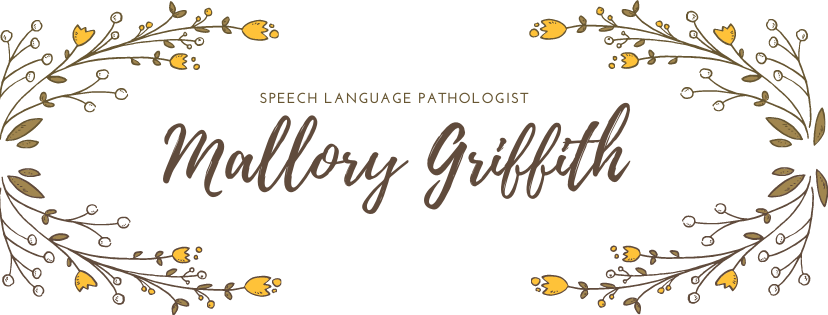
Social Communication Therapy
This is a broad category, and social communication therapy consists of helping individuals build communication skills in the following areas:
Conversational skills – How do people make small talk? How do I know if I’m talking too much? Not enough? etc.
Social Problem Solving – What is the size of the problem? What are some ‘expected’ solutions? How can I be more flexible?
Using an appropriate voice for the setting – Using a “whiny” or “baby” voice is ‘unexpected’ when talking to your teacher – mumbling or speaking too quietly through a presentation is also unexpected.
Understanding non-verbal cues – Eye contact, body space, facial expression, etc.
Using appropriate non-verbal skills – Keeping your body in the group, eye contact, using facial expression and gestures
Navigating figurative language and implied meaning – strategies to help identify what people “really” mean
Strategies to improve self-regulation – Checking in with emotional state and developing strategies to help reach target (calm down/amp it up)
Building strong social skills is critical for successful interactions at home, school, work, etc. Social skills are complex and constantly shifting as we grow older and encounter new environments.

